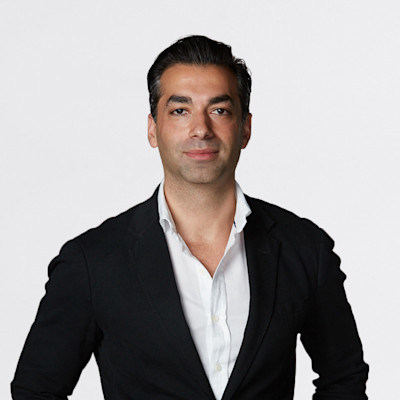Essential Takeaways
• While calcium often takes the credit, science shows that four helper-nutrients (Vitamin K2, Vitamin D, Magnesium and Boron) play an important supportive role when it comes to bone health.*
• Why don’t we include calcium in our multivitamins? Well, even as our calcium needs change throughout our lives, we prefer to focus on these helper-nutrients instead of adding calcium to our multivitamins.*
After years of research, we came to a surprising conclusion: Calcium doesn’t necessarily belong in a multivitamin. Instead, we found that there are four helper-nutrients that are as much or more involved in bone health—which can ultimately serve as supporting players to the calcium you're getting through diet alone. And that's true regardless of your current life stage. (Yep—even if you're over 50.)*
Here’s how the science behind calcium breaks down.
When It Comes to Calcium and Bone Health, More isn't Always More
While it might get all the credit, the truth is calcium is not always a reliable solo act when it comes to bone health. For building and maintaining bone health, many events need to happen in the body before calcium even shows up. Bone maintenance is like repairing a road: most of the work and effort goes into removing old architecture and laying a new foundation. Adding calcium is a final step in bone building or maintenance—but that is supported by calcium-helper nutrients.*
Those bone health nutrients (AKA the unsung heroes) include vitamin D3, vitamin K2, magnesium and boron, and they play an important role in supporting calcium. Calcium is still essential, but science shows that we also need a team of helper-nutrients to support bone health.*













